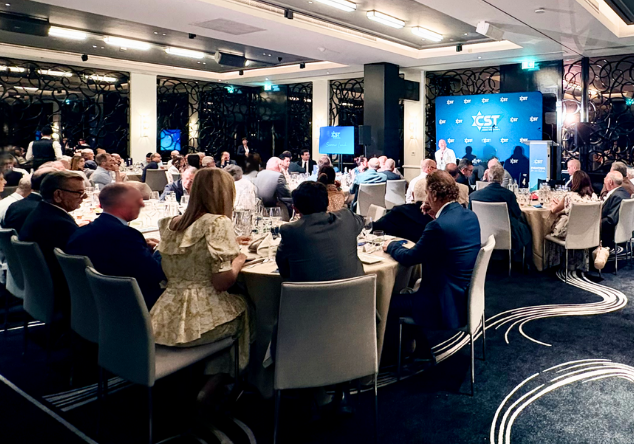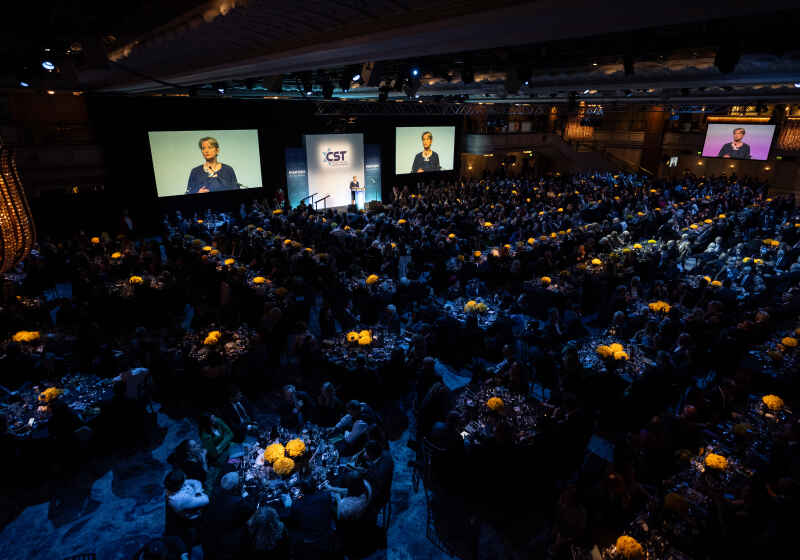CST Blog
European Elections
8 June 2009
The election of Britains first far right MEPs, Nick Griffin and Andrew Brons of the British National Party, fits a wider picture of advances for far right parties in the European Parliament.
There is a useful round-up of how the far right fared in different European countries here. It is a mixed picture: far right parties advanced in Austria, Denmark, Finland, Greece, Hungary, Italy, the Netherlands, Romania and of course the UK, but were knocked back in Belgium, France, Poland, Bulgaria and Latvia.
However, whereas many of these countries have elected far right MEPs before, this is the first time that Britain has done so. In addition, the BNP gained its first three County Councillors on Thursday, in Leicestershire, Lancashire and Hertfordshire. These successes continue their gradual growth from having no elected representatives anywhere at the beginning of the decade, to having seats on several town councils, the London Assembly, County Councils and now in the European Parliament.
Yet this latest breakthrough does not necessarily reflect any dramatic growth in the BNPs support, and it is important not to overstate the partys size. The BNP actually polled fewer votes in the North West and Yorkshire & Humberside, the two regions where it won seats, than in the 2004 European Elections, but managed to get elected because of the collapse in the Labour vote. Overall, the BNP secured 943,598 votes, compared to 808,201 five years ago. Given the increased number of BNP councillors around the country since then and the economic and political crises that formed the backdrop to these elections, there was a serious danger that the BNP would win more than the two seats in Brussels it now has.
This success does not in itself confer respectability on the party, as the candidature of Andrew Brons demonstrates. As Hope Not Hate put it, If the BNP wanted to distance itself from nazism, the last person it should have chosen as a candidate is Andrew Brons. Although Brons denies ever making the abusive comments for which he was successfully prosecuted in 1984, he does not deny being a leader of the National Front at the time, a much more openly neo-Nazi organisation than the current BNP.
One worrying, if slightly bizarre, footnote to these elections was the in France, headed by comedian Dieudonné Mbala Mbala. The party campaigned under the slogan. Keep Europe free from censorship, communalism, speculators and NATO (Pour une Europe libérée de la censure, du communautarisme, des speculateurs et de l Otan); they only stood candidates in Ile-de-France, polling a mere 1.3% of the vote. This idea that Zionism is an appropriate label for the forces of censorship, communal politics, financial speculation and the Western military alliance will be sadly familiar to anyone who has followed the trajectory of anti-Zionist discourse from both left and right in recent years.
Read More

Antisemitic Incidents Report January-June 2025
6 August 2025

CST Summer Lunch 2025
25 June 2025
CST Annual Dinner 2025
26 March 2025
